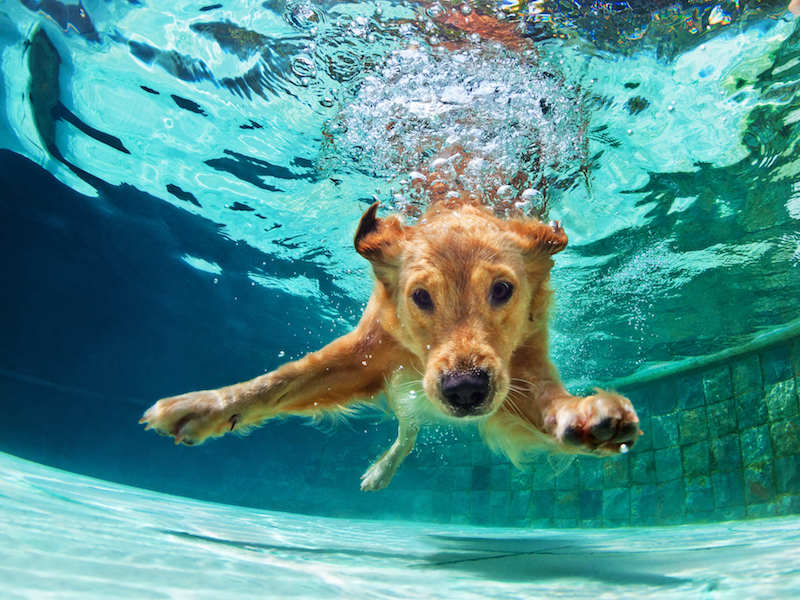
There are many factors which can affect the electrical circuitry of your hearing aids. Hearing aids seem to self-destruct under extreme moisture conditions. Even if you already know that and take care to protect your investment from the shower, pool, or a good face washing, more than likely you are missing the most common cause of water damage in hearing aids: humidity.
Permanent damage is done by invisible moisture. It’s important to educate yourself about why humidity damages hearing aids.
What is Humidity?
Despite the fact that the word humidity is very common, what does it really mean? PBS defines humidity as water molecules in the air. When displayed as a percentage, for example, the relative humidity is 40 percent today, it refers to the amount of water vapor in the air compared to what air could hold. When you can feel wetness in the air, that means the relative humidity is high.
People are very sensitive to humidity because sweat is the most effective way to cool the body. When humidity levels are too high our sweat will not evaporate as fast. Moisture and electronics don’t mix well and that includes hearing aids.
Why Hearing Aids Have a Problem with Humidity
Too high or, too low, humidity can influence your hearing aids. When water vapor percentages are high condensation can accumulate on the intricate mechanisms that make electronic devices function, and low humidity can cause brittle core materials.
Hearing aids depend heavily on internal electronics to work. An advanced signal processing chip controls noise levels in a modern hearing aid. Because of this, you get awesome features like:
- Noise reduction
- Anti-feedback
- Targeted listening programs
- Digital sound streaming
Moisture can collect in the hearing aid when humidity is high and damage that component. It can corrode elements inside the casing and ruin batteries as well. You might as well drop your hearing aid in a sink full of water, and the effect is the same.
Managing Humidity
Water resistant models are currently available. This feature will give you some protection against humidity and bad weather, but you still can’t swim with them in.
When it’s very humid try to minimize indoor water vapor by utilizing a dehumidifier. It’s not only your hearing aid that will benefit, there are health benefits, and other electronic devices in the home will also be protected. Dust mites, mildew, and mold thrive in moist environments so a dehumidifier will improve the quality of breathing as well. Although a house or room dehumidifier will help protect your hearing aids, it’s not enough. You will need to take other steps at the same time.
Look for the dehumidifier made for hearing aids. There is one out there for every budget. Drying kits rely on silica gel crystals to protect the electronics. You put the device in the dehumidifier for a couple of hours to eliminate moisture. There are also storage containers that dry hearing aids out each night as you sleep. If it is very humid and you have no other way, uncooked rice can reduce moisture.
Get in the habit of opening the battery compartment every time you store your hearing aids. By pulling that door open before you put the hearing aid down, you expose the batteries and other elements to the air, allowing any condensation built up to evaporate naturally. Don’t just do this in the summer, do it all year round.
A cool dry place is the ideal for storage. On the table in the sun, in the glove compartment, or in a hot room are examples of where not to store your hearing aids.
Thinking Past Humidity
Air vapor is not the only moisture that can damage hearing aids. Don’t forget to think about other types of wetness like:
- Don’t touch your hearing aids with hands that are still moist from lotion.
- Find a safe place to store your hearing aids if headed for the pool or beach.
- When exercising wear a sweatband. If you are wearing your hearing aid then it’s a good idea in general. Later that sweat will cause problems.
- Try not to put your hearing aid down on wet surfaces. A glass or coffee cup can leave moisture behind.
Your hearing aids are a valuable asset, so treat them that way. Consider how moisture and humidity can impact them and take steps to prevent water damage. If your hearing aid already has water damage make an appointment for service with a hearing aid specialist.
